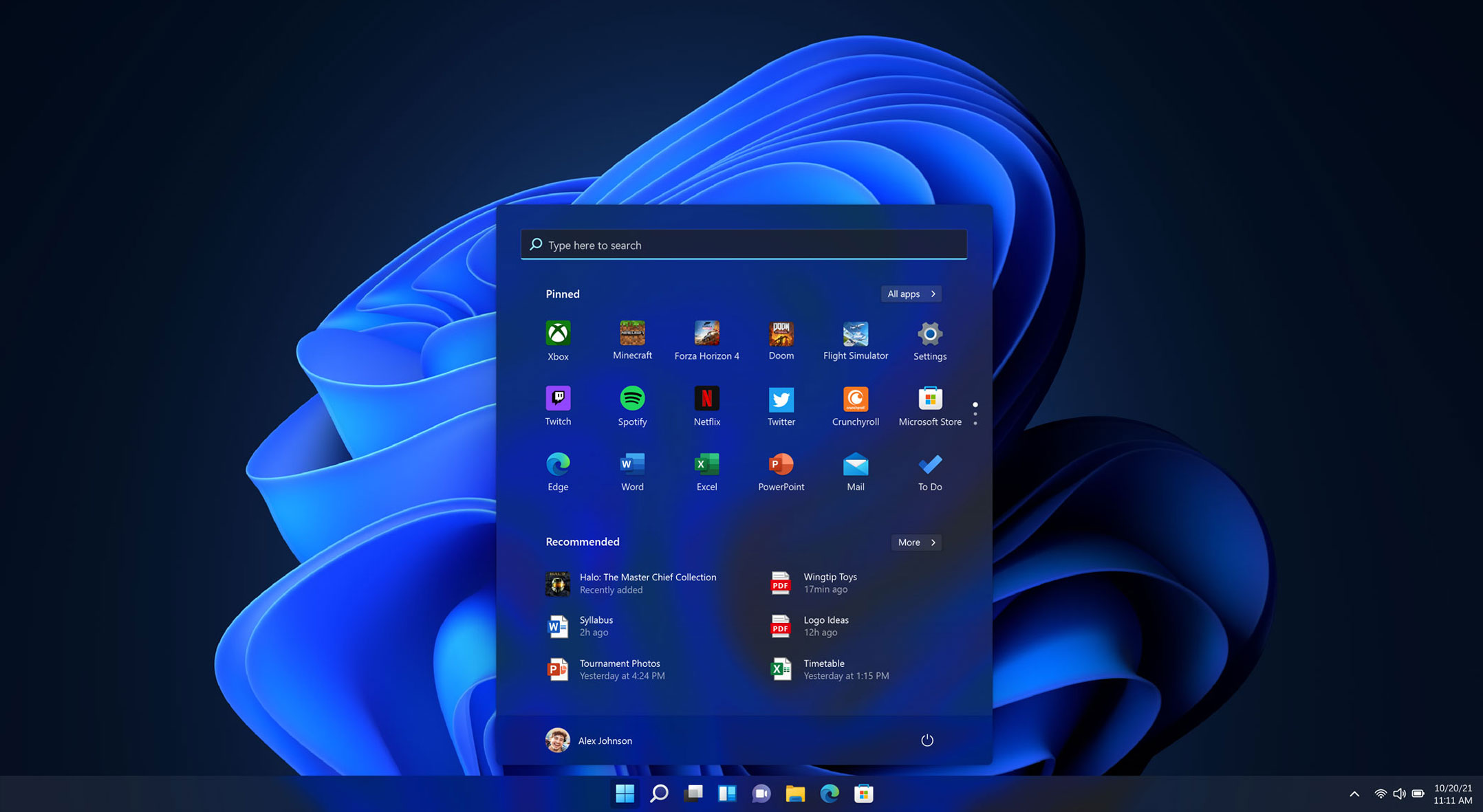 The shift to working from home during the pandemic fuelled a resurgence in demand for PCs. Now Microsoft is hoping a partial return to the office will spur sales of its latest Windows operating system.
The shift to working from home during the pandemic fuelled a resurgence in demand for PCs. Now Microsoft is hoping a partial return to the office will spur sales of its latest Windows operating system.
With some employees still at home, some returning to offices, and others splitting time between the two, Microsoft is styling Windows 11 as the operating system for hybrid businesses. On Tuesday, the company unveiled a series of new features for the software, which first came out in October, aiming to improve network security for a mobile workforce and make it easier to move work between physical computers and the cloud.
The idea is to “help companies be more agile and flexible for their employees and themselves”, chief product officer Panos Panay said in an interview. They also need to be more resilient in dealing with security threats, he said.
Part of the pitch of Windows 11 is moving customers to a “cloud PC” model, where the software is delivered to individual computers but continues to be stored, updated and managed in the cloud. Users can access the same programs from the office or at home, blurring the line between cloud computing and traditional PCs.
The change will require Microsoft and its hardware partners to create devices for a work-from-anywhere lifestyle, said Panay, who also oversees the Surface line of computers and tablets. He declined to comment on specific plans for Microsoft’s hardware.
“We continue to figure out what people actually need from a hybrid stance, what flexibility means to a customer — all the way down to the silicon,” he said. Whether it’s for frontline workers or office employees, there will be strong demand for new kinds of products, Panay said.
Better protection
Part of Tuesday’s updates include better protection against phishing attacks. A system called Defender SmartScreen finds and alerts users when they’re inputting their Microsoft login information into a hacked website or malicious program.
Smart App Control, meanwhile, prevents anything but trusted apps from running. And a personal data encryption feature will protect information stored on a device when the user is not logged in. That makes it harder for sensitive information to be seized from a device that’s lost or stolen.
Features aimed at blending the cloud and physical world include Windows 365 boot, which lets clients log directly into a cloud PC. There’s also a switch feature that allows users to easily move from a physical desktop to what they have stored in the cloud. An offline option enables customers to work on their cloud PC when they’re disconnected.

The approach has begun to win converts. Accenture said it has put Windows 11 on 30 000 devices so far and plans to have it on 300 000 by July. The rest of the consulting firm’s almost 700 000 workers will get the new operating system by the end of the year.
Windows 11 is also adding some accessibility features, including live captions that help people who are deaf or learning a new language, according to a presentation by Microsoft executive Wangui McKelvey. A new voice clarity feature for meetings eliminates echo and background noise, she said. — Dina Bass and Jillian Ward, (c) 2022 Bloomberg LP




